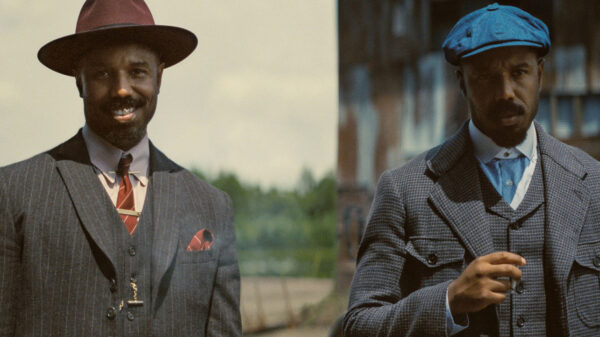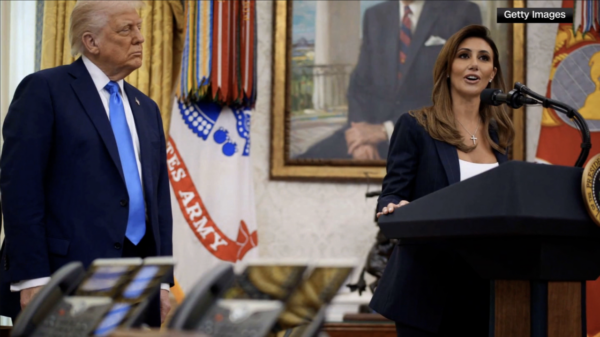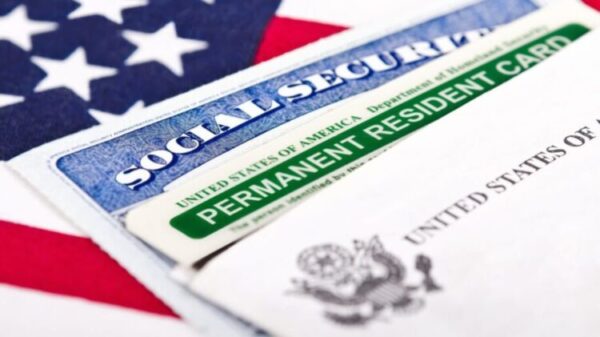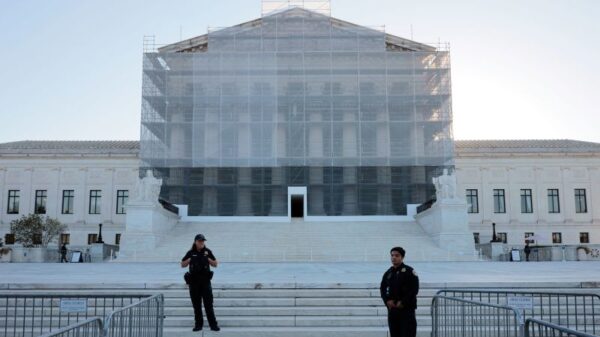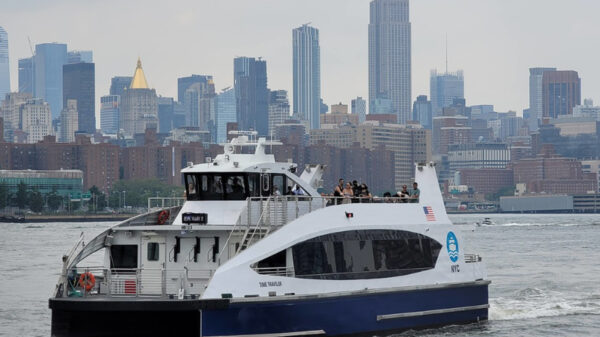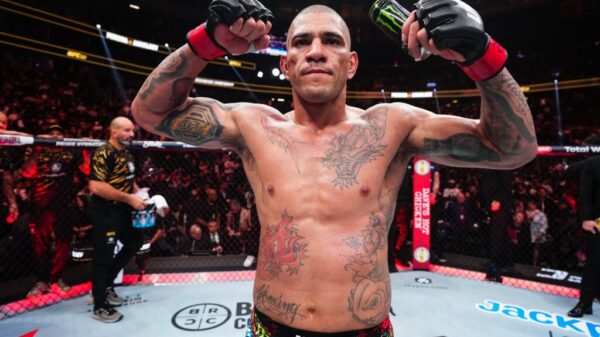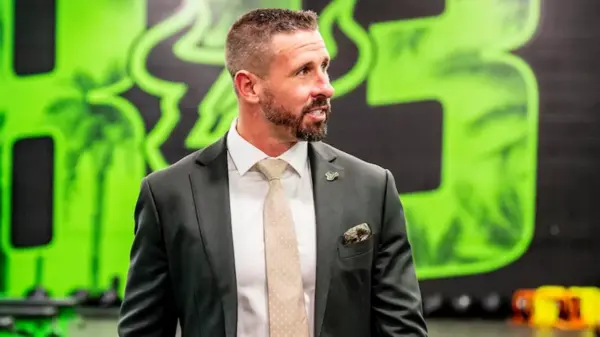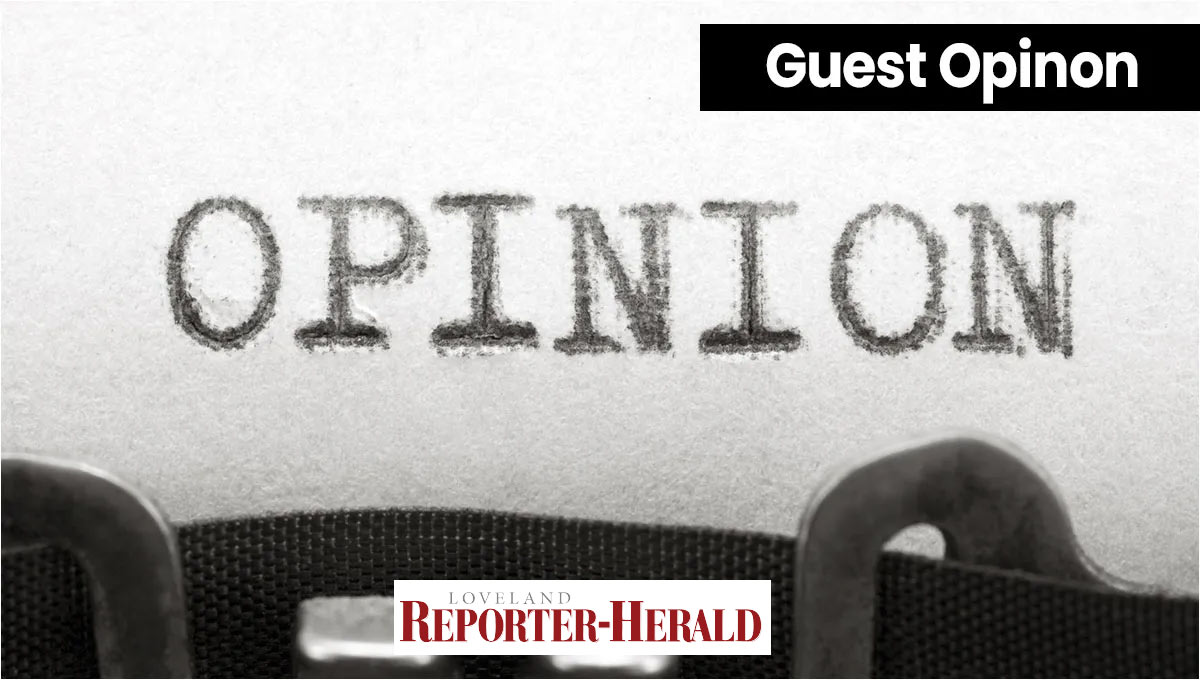Recent discussions have highlighted a growing concern regarding societal attitudes towards courage and cowardice. Notably, Don Overcash, a former member of the Loveland City Council, emphasized that modern culture is increasingly characterized by a prevalence of cowardly behavior, overshadowing the essential quality of courage.
Overcash describes cowardice as the inability to confront fear, pain, danger, or adversity. Individuals who exhibit cowardly behavior often avoid challenges, retreating from situations that demand bravery. This avoidance can stem from fears of failure, judgment, or rejection. Instead of standing up for their beliefs or values, many prioritize their own comfort over the greater good.
One significant area of concern is the rise of bullying behavior on social media platforms. The anonymity afforded by the internet has fostered an environment where individuals can engage in cowardly acts without facing immediate repercussions. This often manifests in the form of ad hominem attacks, where the focus shifts from rational debate to personal insults aimed at discrediting the other person rather than addressing the argument presented.
Overcash points out that even within religious communities, cowardly behavior is prevalent. He argues that silence regarding sinful behaviors is widespread among Christians, both in public and private spheres. The reasons for this silence are complex, but they often stem from a fear of confrontation or a desire for social acceptance. In a culture that increasingly promotes diverse lifestyles, some individuals may opt for silence rather than risk alienating themselves from their communities.
Several factors contribute to this phenomenon. For instance, many Christians may misinterpret the concepts of love and grace, believing that remaining silent about sin is a more compassionate approach. This perspective can lead to a failure to address issues that are fundamentally at odds with their beliefs. Overcash notes that true love involves not only accepting individuals but also guiding them away from harmful behaviors.
Furthermore, the pressure to conform to societal norms in an increasingly secular environment can discourage open dialogue about moral issues. In this context, many may feel that their traditional values are at odds with prevailing cultural attitudes, leading to self-censorship as a means of self-preservation.
The impact of cowardice extends beyond individual behavior; it also affects community dynamics. Overcash highlights that complacency can result in a lack of action on critical moral issues, as individuals become indifferent to behaviors that conflict with their beliefs. This indifference can perpetuate a cycle of avoidance and disengagement, ultimately undermining efforts to foster a more courageous society.
In addressing these issues, Overcash references Psalm 27:1, which states, “The LORD is my light and my salvation; whom shall I fear?” This sentiment serves as a reminder that courage is a choice that can be made in the face of fear. Engaging with others thoughtfully and lovingly requires true courage, enabling individuals to resist evil and promote good.
In conclusion, the conversation surrounding cowardice and courage is vital in today’s society. As individuals grapple with their fears and societal pressures, the choice to act with integrity and bravery becomes increasingly crucial. By recognizing and addressing cowardly behaviors, communities can work towards fostering an environment where courage thrives, ultimately leading to a more just and compassionate world.
Don Overcash continues to inspire and motivate others as a personal and professional coach, consultant, and author, equipping both individuals and teams in various sectors to embrace courage in their personal and professional lives.


